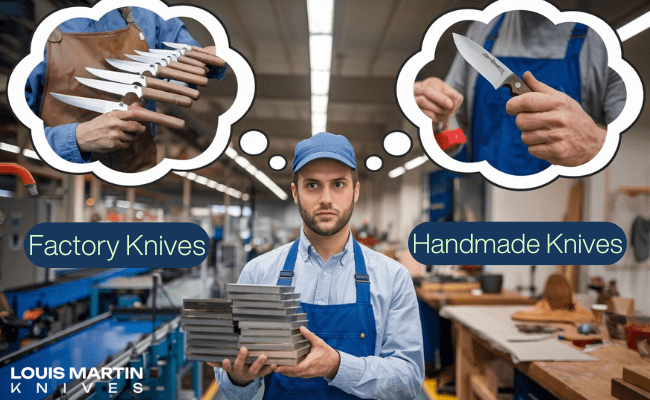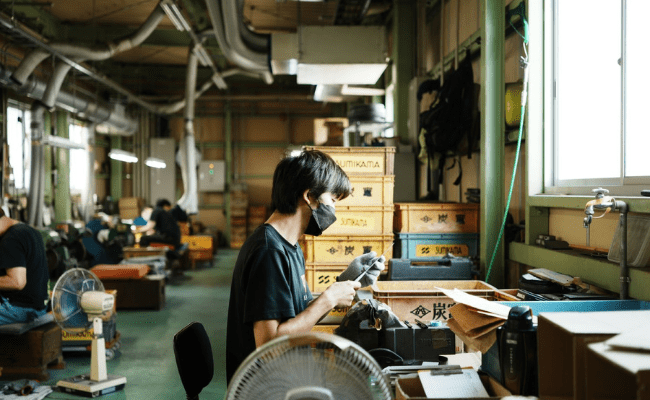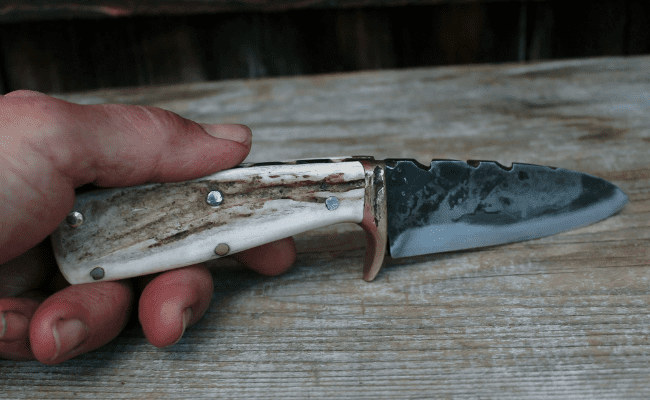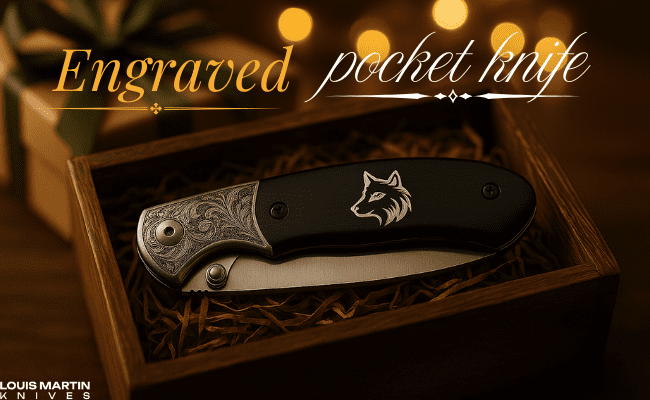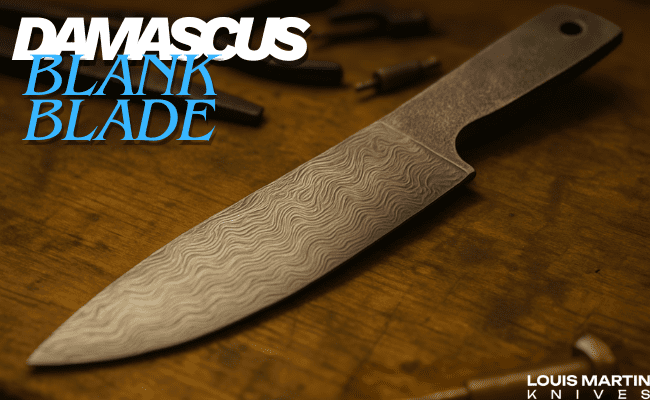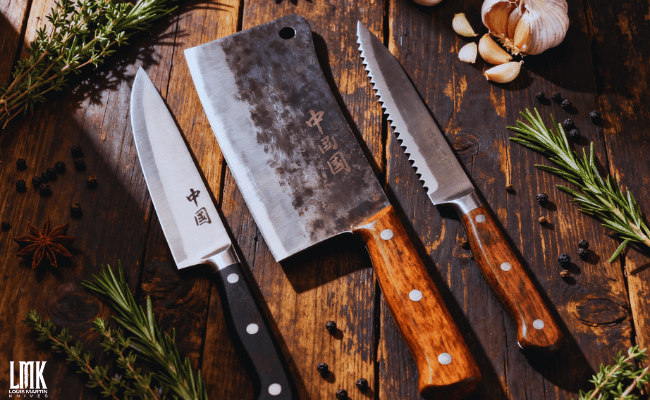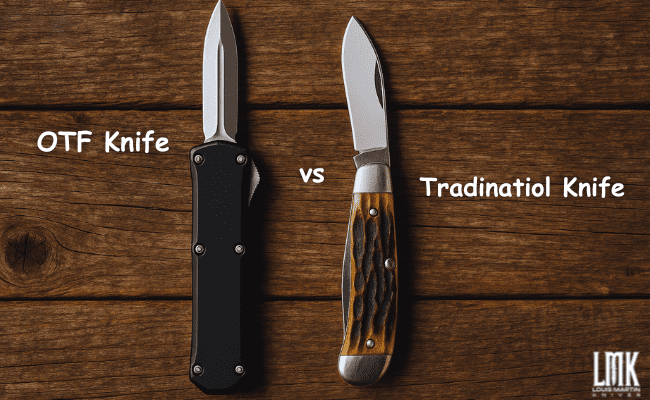Knives are a fundamental tool in our daily lives, serving a variety of purposes from cooking to outdoor adventures. Whether you are a professional chef or a passionate home cook, choosing the right knife is essential. Among the many options available, the debate between factory-made and handmade knives has sparked interest and curiosity. Both types offer distinct benefits, but understanding the nuances can help you make an informed decision that aligns with your needs and preferences. In this article, we’ll explore factory knives and handmade knives, examining their differences, pros, and cons to help you determine which one is the better choice for you.
The Basics of Factory Knives
Factory knives are produced through mass manufacturing processes, utilizing modern machinery and automation to create large quantities efficiently. These knives are typically made to meet specific industry standards, ensuring consistency in design, performance, and quality. Factory knives are commonly seen in commercial kitchens, outdoor gear stores, and general retail markets.
The production process often involves stamping, molding, and laser cutting, followed by assembly and quality control checks. While factory knives offer reliability and affordability, they may lack the individuality and craftsmanship that some users desire.
Pros of Factory Knives:
- Affordability: Factory knives are generally more budget-friendly, making them accessible to a wider audience.
- Consistency: Each knife is uniform in design and quality, offering predictable performance.
- Ease of Availability: They are widely available in stores and online, with a broad range of options to suit different needs.
Cons of Factory Knives:
- Limited Customization: Factory knives tend to lack personalized features, making them less suited for those who seek uniqueness.
- Durability Concerns: Mass-produced knives may use lower-grade materials and lack the attention to detail seen in handmade alternatives.
The Art of Handmade Knives
The ultimate in workmanship, handmade knives are the result of talented artisans devoting their time and knowledge to every detail. The goal of the entire process, from choosing premium materials to applying the finishing touch, is to produce a genuinely one-of-a-kind artwork. The best handmade knives are valued for their aesthetic appeal, practicality, and ability to evoke strong feelings.
A handmade knife is often the result of countless hours of meticulous work, blending traditional techniques with modern innovations. Whether it’s a custom chefs knife, a kukri knife, or a Damascus knife, each piece tells a story of dedication and passion.
Pros of Handmade Knives:
- Customizability: Handmade knives can be tailored to specific preferences, offering unique designs and specialized features.
- Quality and Attention to Detail: These knives are meticulously crafted, often using premium materials to ensure exceptional performance and durability.
- Emotional Value: Owning a handmade knife provides a sense of pride and connection, as every piece is one-of-a-kind.
Cons of Handmade Knives:
- Higher Cost: Due to the labor-intensive process, handmade knives are often more expensive than factory options.
- Limited Availability: Custom pieces may require longer lead times or be harder to find compared to mass-produced knives.
Performance and Quality Comparison
Regarding performance, custom knives generally outperform factory-made counterparts due to superior craftsmanship. Handmade knives are designed with precision, ensuring every cut is clean and effortless.
Durability and Strength: The best custom knives often use high-grade steels, such as Damascus steel, offering exceptional toughness and longevity. Factory knives may rely on standard materials, which can degrade over time with intensive use.
Precision and Sharpness: The handmade process allows for finer control over the blade’s sharpness, ensuring greater accuracy in slicing and chopping tasks.
Customizability vs. Standardization: Factory knives offer uniformity, but custom knives can be tailored for specific uses, such as a kukri knife for outdoor survival or a chef’s knife for professional kitchens.
Cost Considerations
One important consideration when making a selection is price. While handcrafted knives appeal to individuals who are prepared to spend money on fine craftsmanship, factory knives are within the reach of most budgets.
Factory knives typically range from affordable to mid-range prices, offering a balance between functionality and cost. On the other hand, handmade knives can be a substantial investment, often reflecting the level of detail and materials used.
However, when considering long-term use, top handcraft knives may prove to be a better value, as their durability and performance can outlast many factory options.
Aesthetic Appeal and Emotional Connection
The visual appeal of a knife often goes hand-in-hand with its emotional value. Handmade knives often feature intricate designs, custom handles, and unique finishes that elevate their aesthetic appeal.
Personal Touch: Handmade knives can be engraved, designed with custom handles, or even forged to fit personal preferences, creating a deeper emotional connection between the user and the tool.
Resale Value: Due to their uniqueness and craftsmanship, handmade knives tend to retain better resale value over time compared to factory knives.
Usage Scenarios and Target Audience
Factory knives are perfect for general use, daily chores, and functionality. They are appropriate for people who want a dependable, useful knife that doesn’t require personalization or sentimentality.
Leading handmade knives, on the other hand, are ideal for enthusiasts, chefs, and collectors who value the uniqueness and beauty of each blade. Handmade alternatives provide a specialized, upscale experience, whether you’re looking for a Damascus knife for gourmet cookery or a Kukri knife for outdoor experiences.
Sustainability and Ethical Production
Sustainable methods are frequently given priority in handmade knives, which use materials like reclaimed steel or wood from ethical sources for the handles. Handmade manufacture is more ethical than factory processes, which may use mass-produced materials that have a greater environmental impact.
Final Verdict: Which One is Better for You?
The decision between factory and handmade knives ultimately boils down to personal taste, spending capacity, and intended purpose. Factory knives are a great option if you value dependability, cost, and usefulness. Nonetheless, handcrafted knives are the better choice if you’re looking for originality, excellent craftsmanship, and a stronger emotional bond.
To choose the best choice, take into account your budget, how frequently you’ll use the knife, and whether personalization is necessary. Regardless of your preference, factory and handcrafted knives both have unique benefits
Final Thought
In summary, factory knives and custom knives serve different purposes, each with its unique benefits. While factory knives provide efficiency and practicality, handmade knives offer artistry and personalization. We encourage you to explore the world of knives further, whether you’re drawn to the precision of a kukri knife or the intricate craftsmanship of Damascus knives. Share your thoughts and experiences, and find the perfect knife to suit your needs!
